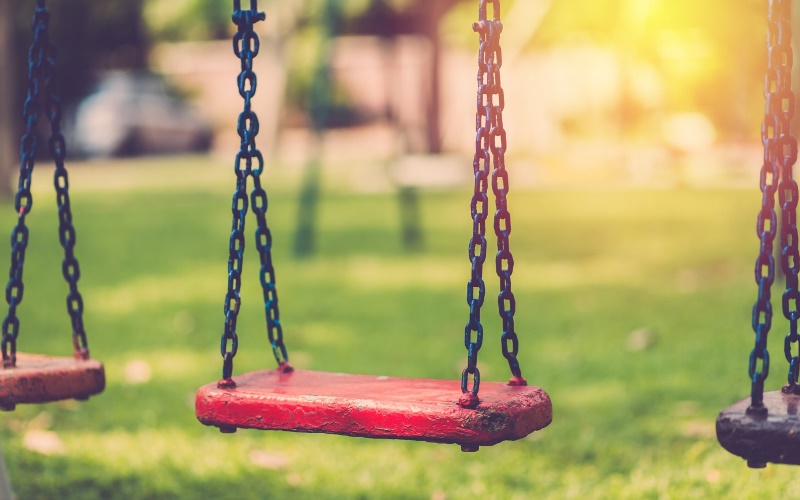
Recent court rulings and inquiries have shown that survivors of abuse can seek justice and have their voices heard, even decades after events.
This month has seen the independent review into sexual abuse in Scottish football commissioned by the Scottish Football Association release a report on their findings, whilst on 17 February the ongoing Scottish Child Abuse Inquiry published its fourth case study findings. Inquiries such as these are essential in order to scrutinise organisations and ensure that systematic failings are never repeated. They also provide one opportunity for survivors to have their voices heard and obtain justice.
Claiming compensation offers another opportunity for survivors to tell their stories and pursue those responsible. Compensation can also help survivors obtain access to services they require. Recent court judgments will therefore reassure survivors.
The introduction of the Limitation (Childhood Abuse) (Scotland) Act 2017 was a great step forward in opening up access to justice for survivors of historic child abuse. This, essentially, removed the legal time limit for survivors of abuse to bring claims against abusers and responsible organisations. Survivors can now recover compensation for abuse in their childhood even decades later.
However, the 2017 Act, at section 17D, includes provision for when actions relating to historic abuse cannot proceed. To prevent a claim a Defender must satisfy the court that, having had regard to the Pursuer’s interests, it would not be possible for a fair hearing to take place due to the Defender being substantially prejudiced by the action proceeding.
The nature of these cases means that often significant time has passed. Witnesses, if they can be traced, may not be able to recall events and relevant documentation may no longer exist. In some cases those accused might have even died. This provision has thus far been relatively untested, but recent cases have offered welcome indications.
An action at Dundee Sheriff Court last year related to a claim against the estate of a survivor’s late step father in respect of alleged abuse that she suffered as a child between 1989 and 2002. The Estate argued, relying on section 17D, that difficulties investigating after so long and the death of the alleged abuser meant that is was impossible to have a fair hearing. The Sheriff ruled that it would be necessary to hear the facts of the case before determining whether it was possible for a fair hearing to take place. This decision was recently upheld in the Sheriff Appeal court. The court found it could not decide on “fairness” without hearing evidence on the particular facts. The survivor’s evidence would be heard and she would have an opportunity to prove her case.
Last week saw the first substantive judgment on these arguments by the Outer House of the Court of Session in A v XY. The survivor here alleged abuse at the hands of a teacher, an employee of the school, whilst a pupil at a school in 1987. The school argued that it would be prejudiced for various reasons, including the passage of time and available evidence. Additionally the school argued that the survivor could instead pursue a case against the teacher directly.
Lord Woolman did not consider there to be any good reason why the survivor would have to bring her claim against the teacher directly, rather than against the school she attended. It is submitted that this is undoubtedly the correct decision. Why should a survivor seek compensation against an individual who might have no means of paying compensation when they have a valid claim against the school, who have policies of insurance exactly for such purposes and owed their pupils a duty of care? One would hope that this judgement puts a stop to such arguments by schools and other organisations.
Overall the court found that the prejudice to the Pursuer, were the action to be thrown out, outweighed any prejudice to the school in it proceeding. In addition to the financial motivations of the Pursuer, they have a vital interest in securing justice and a hearing on the evidence was allowed which will give the Pursuer an opportunity to have her claim heard.
Whilst both judgements make it clear that each case will turn on its own facts, these rulings might reassure survivors that their cases will be considered. The passage of time or limited evidence will not bar them from having their voices heard and seeking justice. It is also encouraging that attempts by organisations to evade liability by pushing claims on to their individual employees seem unlikely to be entertained by the court.
Ongoing inquiries are holding organisations to account and listening to survivors; it seems the courts will too.
Thorntons can advise survivors on their right to claim against organisations and individuals. Daniel McGinn is an Associate in our specialist Personal Injury team. If you would like more information please contact Daniel on 01382 346207 or email dmcginn@thorntons-law.co.uk. Alternatively, contact a member of the Personal Injury Team on 0800 731 8434.
